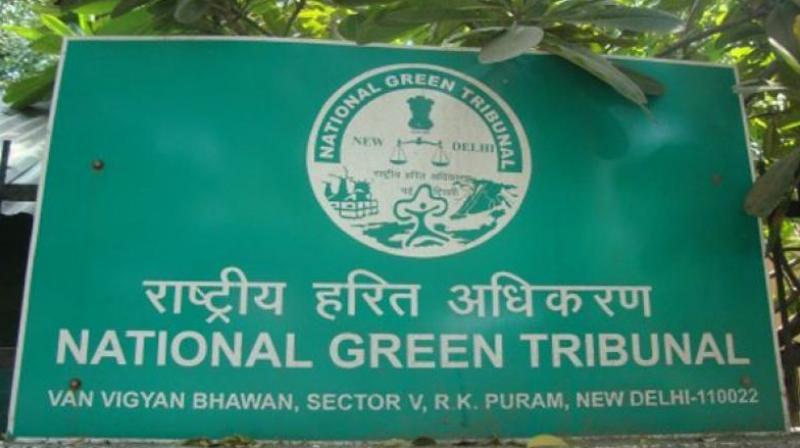National Green Tribunal gives nod to Amaravati
The bench said that the tribunal had to balance various factors, which was an essential feature of the principle of sustainable development.

Hyderabad: In a massive relief for the AP government, the National Green Tribunal (NGT) on Friday accorded approval for construction of the capital city Amaravati. It observed that there was no better site than the one presented before the tribunal.
While declining to set aside the environmental clearance granted for the capital city project on October 9, 2015, a three-member bench of the NGT said, “We hold and declare that the project falls under category ‘B’ of the EIA Notification of 2006, and thus the imposition of additional conditions would be necessary.”
NGT Bench: Various factors balanced while giving the nod
The bench comprising chairperson Justice Swatanter Kumar, Justice Raghuvendra S. Rathore and expert member Bik-ram Singh Sajwan made it clear that the conditions put forth by the NGT would be applied mutatis mutandis (making necessary alterations while not affecting the main point at issue) to the conditions mentioned in the environmental clearance granted for the project by the competent authority.
The bench said that the tribunal had to balance various factors, which was an essential feature of the principle of sustainable development.
The bench felt that large-scale works related to the project had been executed at public expense, so any prohibitory directions at this stage would not only jeopardise the financial interests of the state but also pose a serious issue capable of causing environmental and ecological degradation to the disadvantage of the public.
The bench said that the following conditions were to be read as part of the environment clearance:
- The project proponent shall conduct a comprehensive study on the hydro-geomorphology of the area to plan water retention ponds, re-servoirs, stormwater drains and their inte-rconnectivity, so as to optimize water conservation, both surface and sub-surface.
- Any alteration of the flood plains by the construction of stormwater drains, retention ponds and related development should be done only after conducting a study.
- No alteration of the river or natural stormwater morphology, flow pattern or location by way of straightening shall be permitted. Such alteration may result in an increase in soil erosion and sediment transport due to raised velocity.
- No alteration of pre-existing embankments, if any, shall be permitted except as may be required for its strengthening, for flood protection of the proposed capital city.
- All bulk generators of municipal solid waste in the proposed constructions, both residential and non-residential, must necessarily segregate waste at the source and process their entire biodegradable waste by composting or biomethanation within their premises.
- The state or its instrumentalities should notify building bylaws for rainwater harvesting, use of solar energy, and to have water-saving fittings and fixtures in buildings, including the use of treated grey water for non-consumptive uses.

